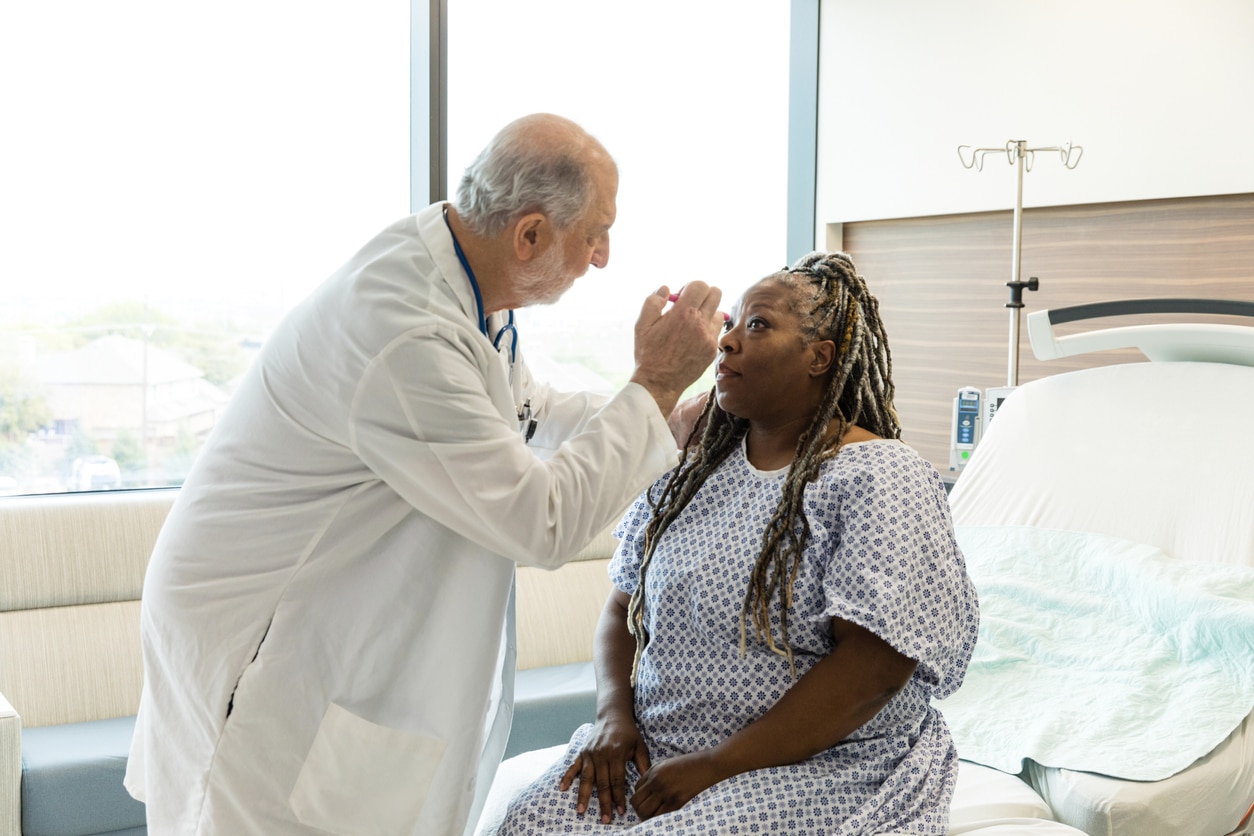A concussion is a type of traumatic brain injury that affects your brain function. In 2020, approximately 6.8% of children aged 17 and younger experienced symptoms from a concussion or other traumatic brain injury. While many people have experienced a bump or jolt to the head from an errant soccer ball at Caras Park or bumping into their kitchen cabinet, concussions are a bit more serious.
Rather than causing only a slight headache, concussions may present with a variety of symptoms including but not limited to:
- Headache
- Ringing in the ears
- Nausea
- Vomiting
- Dizziness
- Fatigue or drowsiness
- Blurry vision
- Confusion
- Amnesia surrounding the event
- Concentration issues
- Cognitive delay
- Sensitivity to light and noise
- Temporary or permanent hearing loss
Hearing loss following a concussion can be a little alarming. Let’s look at some reasons why you may observe trouble hearing in yourself or other recently concussed individuals and some post-concussion care tips.
Why Do Concussions Present With Hearing Loss?

Two reasons a concussion may present with hearing loss include:
- Cognitive delay. Cognitive delay is one of the most common symptoms of concussions. Similar to an auditory processing disorder, concussions temporarily affect our ability to process sound after it enters our ears. A hearing test will likely reveal normal hearing because hearing issues from cognitive delay occur in the brain rather than the ears. Although it can be alarming at first, cognitive delay will usually go away on its own, returning sound processing to your normal level.
- Physical trauma. One of the most frequent causes of hearing loss due to physical trauma is the fracturing of bones in the middle or inner ear. When these bones fracture, the mechanisms responsible for hearing can be compromised. While surgical intervention may be beneficial for some cases of hearing loss, there are instances where the damage is permanent. In cases of permanent hearing loss, hearing aids are an excellent treatment option.
Self-Care After a Concussion
Practicing self-care following a concussion is essential to preventing lasting damage and recognizing potential hearing loss early on. A couple of important care instructions to keep in mind after a concussion include:
- Avoid strenuous mental activity. Strenuous mental activity, such as taking a test or reading, can increase your healing time and prevent your brain from resting. Make sure to follow provider recommendations for resuming mentally strenuous activities.
- See an audiologist. See an audiologist early on in your concussion recovery to check for temporary or lasting signs of hearing damage.
To learn more about protecting your hearing, contact Western Montana Hearing and Speech today to make an appointment with one of our specialists.